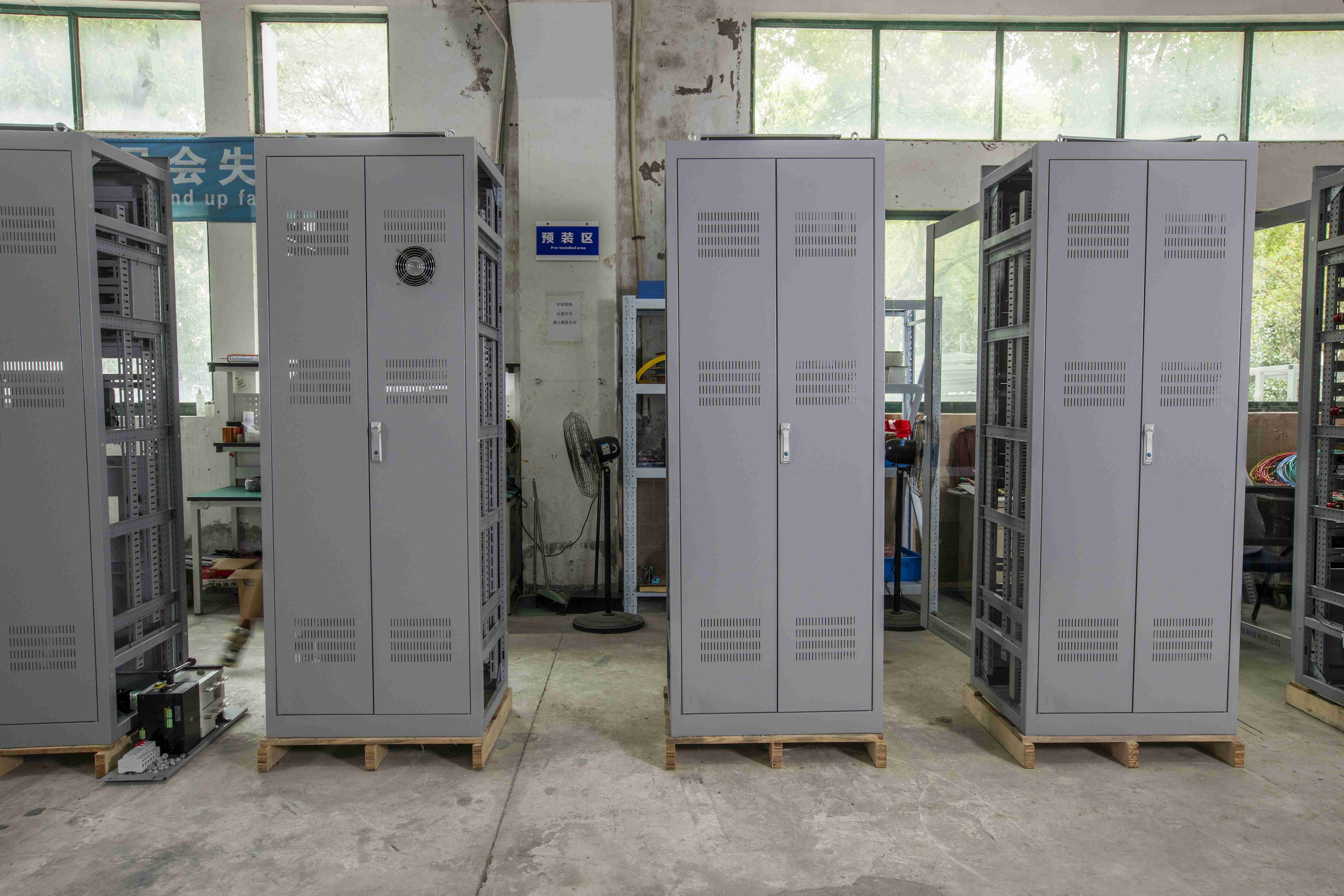
Sep . 24, 2024 20:59 Back to list
CE Certification for Inverter Power Supply Systems and Their Importance in Power Management
Understanding CE Certification for Inverter Power Supplies
In today’s technologically advanced world, inverter power supplies play a crucial role in various applications, from renewable energy systems to uninterrupted power supply (UPS) units. As these devices gain prominence, ensuring their safety and efficiency through certification becomes increasingly important. One such certification is the CE (Conformité Européenne) marking, a mandatory conformity mark for products sold within the European Economic Area (EEA).
CE certification indicates that a product meets specific safety, health, and environmental protection requirements set by European legislation. For manufacturers of inverter power supplies, obtaining CE certification is not just a regulatory requirement but also a testament to the quality and reliability of their products. This certification process involves rigorous testing and assessment to ensure that the inverter complies with relevant EU directives, such as the Low Voltage Directive (LVD), Electromagnetic Compatibility Directive (EMC), and EcoDesign Directive.
The primary significance of CE certification lies in its ability to enhance consumer trust. When customers see the CE mark on inverter power supplies, they can be assured that the product has undergone thorough testing and adheres to strict safety and performance standards. This is particularly vital in applications where power supply stability and reliability are paramount, such as in medical equipment, telecommunications, and industrial automation.
ce certification inverter power supply

Moreover, CE certification can open up new markets for manufacturers. Many countries outside of the EU also recognize the CE mark, allowing certified products to enter additional markets without facing significant hurdles. This recognition can lead to increased sales opportunities and a competitive advantage in an ever-expanding global marketplace.
To obtain CE certification, manufacturers must undergo a systematic process which includes risk assessment, documentation of compliance, and third-party testing if necessary. Depending on the complexity of the inverter, manufacturers may need to collaborate with certified testing laboratories to verify that their products meet the relevant standards. Once compliance is achieved, manufacturers can affix the CE mark to their products and prepare a Declaration of Conformity, which outlines the standards met during the certification process.
It is also noteworthy that CE certification is not a one-time endeavor. To maintain compliance, ongoing monitoring and periodic testing are necessary, especially as standards evolve and new regulations are introduced. Manufacturers must stay informed about any changes in legislation to ensure their products remain compliant.
In conclusion, CE certification for inverter power supplies is an essential aspect of product development that not only enhances safety and quality but also facilitates market access and consumer confidence. As the demand for reliable and efficient power supply solutions continues to grow, CE certification will remain a vital component in ensuring that inverter technology meets the highest standards of performance and safety.
-
Advanced Energy Management Systems: Optimize & Save Costs
NewsAug.19,2025
-
Smart Energy Management System: Control & Monitor Usage
NewsAug.18,2025
-
EMS for Advanced Energy Management & Storage
NewsAug.17,2025
-
Boost Efficiency with Smart EMS Energy Management Systems
NewsAug.16,2025
-
Energy Management System (EMS): Optimize & Save Energy Costs
NewsAug.15,2025
-
Intelligent Energy Management: Save & Control Your Power
NewsAug.14,2025


